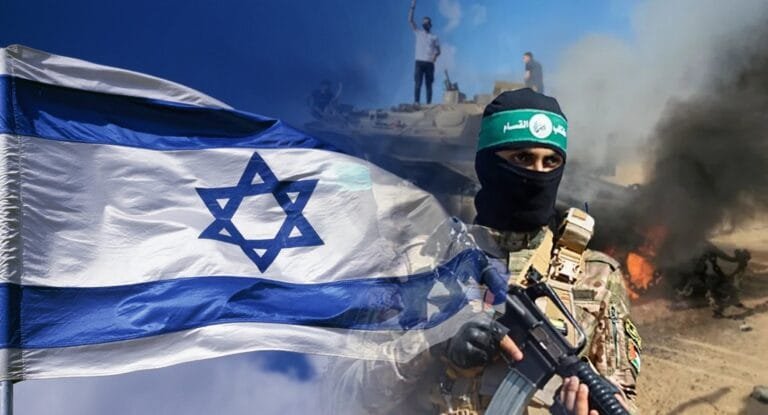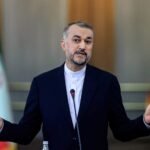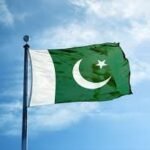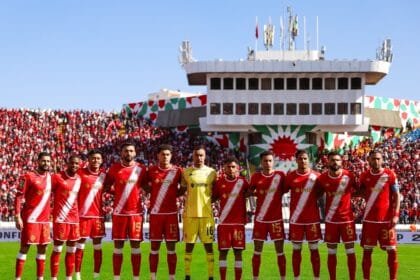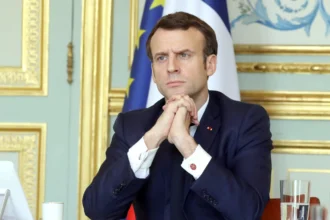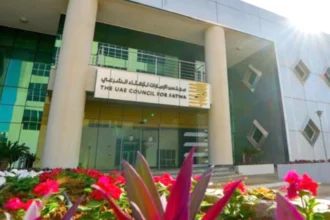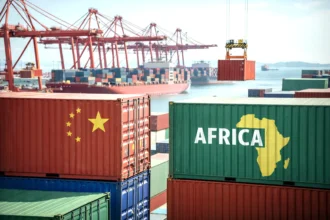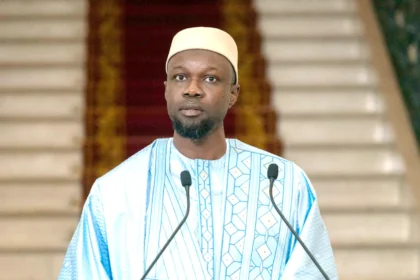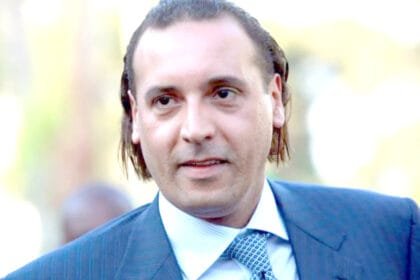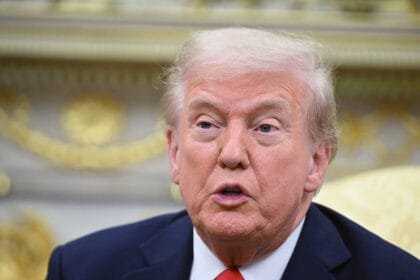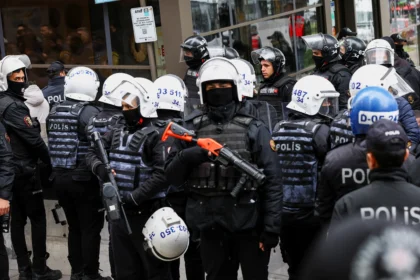Tensions in the region escalated on Thursday as Israel accused Hamas of violating the ceasefire agreement. This coincided with a new Israeli airstrike targeting the town of Naqoura in southern Lebanon, and angry political reactions from Beirut against what it described as “repeated attacks on Lebanese sovereignty.”
Israeli visit to Washington to discuss ceasefire violations
Israeli media reported that Strategic Affairs Minister Ron Dermer will travel to Washington in the coming days. He will hold talks with US officials regarding what Tel Aviv describes as Hamas’s “repeated violations of the ceasefire terms.”
Israel says the movement has violated several clauses of the recent agreement. Hamas denies the Israeli accusations and accuses Tel Aviv of deliberately escalating the situation in Gaza.
Israeli raid on Naqoura and Hezbollah’s stance
In a related development, Lebanon’s National News Agency reported that an Israeli airstrike targeted the Labouneh area in Naqoura, southern Lebanon. The strike caused material damage, but no casualties have been reported so far.
Hezbollah issued a strongly worded statement saying that “the Israeli aggression against Lebanon is being carried out with American partnership and complicity.” It called for support for the Lebanese army to strengthen its defensive capabilities against the occupation.
Official Lebanese position and diplomatic moves
For his part, Lebanese President Joseph Aoun called on the Cessation of Hostilities Monitoring Committee (the “Mechanism”) to pressure Israel to cease its violations of Lebanese sovereignty, considering the attack on the town of Blida “part of a series of repeated acts of aggression.”
He instructed the army commander to take the necessary measures to counter any Israeli incursion, emphasizing that “protecting national sovereignty is a non-negotiable duty.”
The Lebanese president also stressed the importance of the return of southern residents to their homes and the repair of damage before winter. He called for the implementation of UN Security Council Resolution 1701 to enable the army to fully deploy to the southern border.
international interventions
Turkish President Recep Tayyip Erdoğan affirmed that Turkey and Britain share the responsibility of maintaining the ceasefire in Gaza. He stressed the need to “put an end to the Israeli government’s aggression.”
For her part, British Foreign Secretary Yvette Cooper stated that “Gaza cannot be divided and must be part of a two-state solution.”






